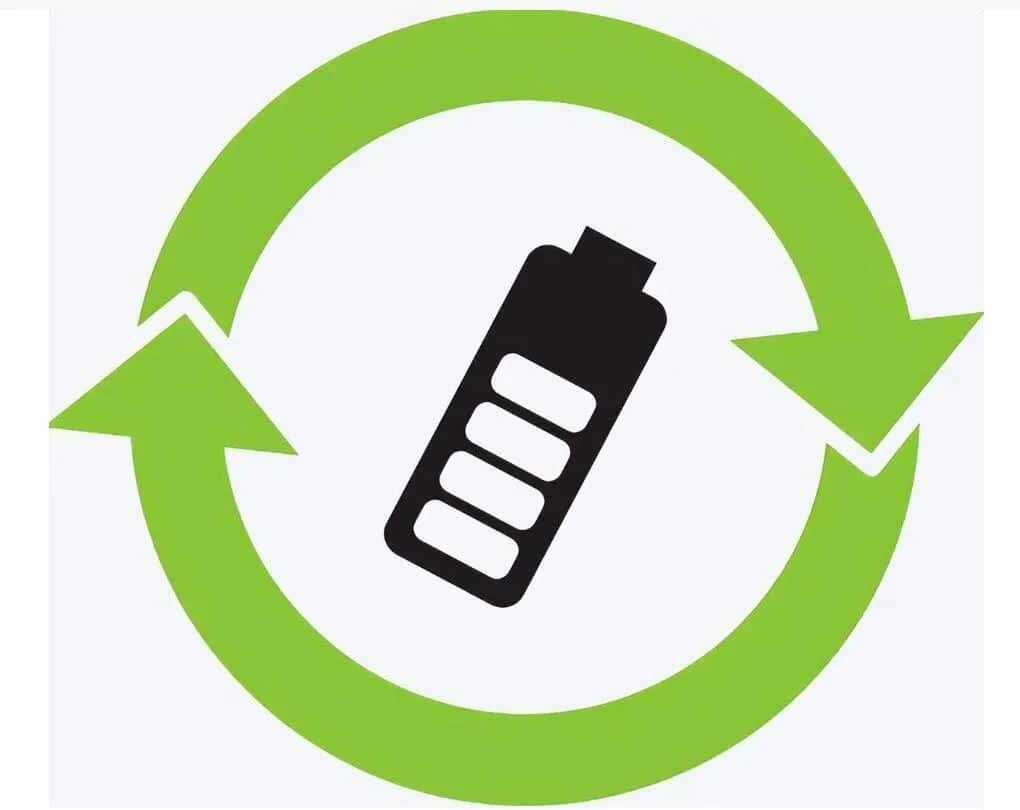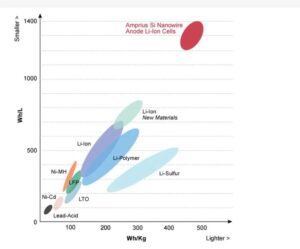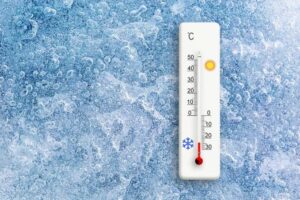- Curved Lithium Polymer battery
- Fast Charge Polymer Battery
- Flexible Polymer Lithium Battery
- Ultra-thin Polymer Battery
/ Blog /
Introduction to Basic Parameters of Lithium Batteries
21 Nov, 2023
By hoppt

1.Capacity (Ah): A crucial performance metric, capacity measures the amount of electric charge a battery can deliver under specific conditions like discharge rate, temperature, and cutoff voltage. For instance, a 48V 200Ah battery can store 9.6 kWh of energy. Capacity varies as actual, theoretical, and rated, influenced by factors such as temperature, humidity, and charge/discharge rates.

2.Energy Density (Wh/kg or Wh/L): This refers to the amount of energy stored relative to the battery's mass or volume. Current lithium-ion battery technology offers energy densities between 100-200 Wh/kg, a bottleneck in many applications, particularly in electric vehicles. Higher energy density is essential for longer driving ranges.
3.Charge/Discharge Rate (C): This rate affects a battery's continuous and peak current during operation. For example, a 20Ah battery with a 0.5C rate means it can charge or discharge at 10A up to its cutoff voltage. High discharge rates are crucial for power applications like electric vehicles.

4.Voltage (V): This includes open-circuit voltage, working voltage, charge cutoff voltage, and discharge cutoff voltage. Voltage parameters are vital for the battery's performance and safety.
5.Cycle Life (times) and Depth of Discharge (DoD): Cycle life indicates the number of charge/discharge cycles a battery can undergo before significant capacity reduction. Depth of Discharge (DoD) measures the percentage of battery capacity used. A higher DoD usually means a shorter battery life.
6.Internal Resistance (Ω): It comprises ohmic resistance and polarization resistance. Lower internal resistance is preferred for better efficiency and reduced aging.

7.Self-discharge: This phenomenon refers to the loss of charge when a battery is not in use. Minimizing self-discharge is essential for maintaining battery life and performance.

8.Operating Temperature Range: Lithium-ion batteries have an optimal temperature range for operation, typically between -20℃ and 60℃. Deviating from this range can significantly impact battery performance and lifespan.



